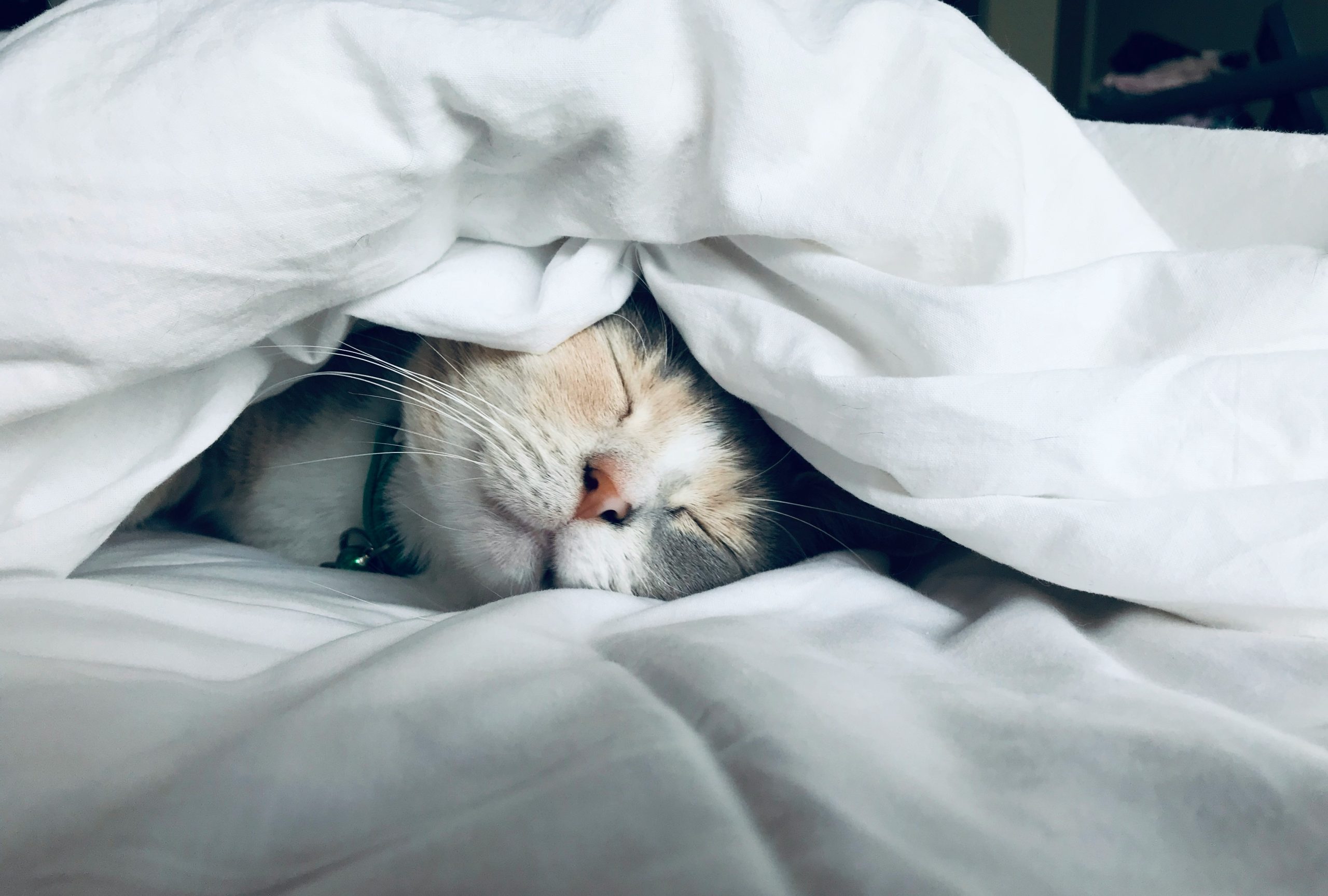Judy George reports for MedPage Today on new findings published in Neurology showing that women in their 80’s with poor sleep patterns are at increased risk for dementia. In fact, older women, who had no cognitive issues but whose sleep changed over five years and became increasingly sleepy, doubled their odds of dementia.
The good news: The study found no link between older women who slept less at night and dementia.
The bad news: The study found a link between changing sleep patterns of older women and dementia, as compared with women who had steady sleep patterns.
The researchers found that for women in their 80’s, sleep patterns can change dramatically over the course of just five years. They looked at nighttime sleep, as well as circadian rhythms and napping.
Pay attention to your sleep patterns. The researchers say that “Initiatives focusing on improving sleep efficiency, encouraging lifestyle changes, and implementing cognitive interventions may be essential in mitigating dementia risk in the aging population.”
When older people’s sleep is disturbed, it can seriously affect their risk of dementia. The more sleepy older women become, the more at-risk they are. We need good sleep for our mental health.
What can you do to improve your sleep?
- Develop a sleep routine. Set a daily bedtime and wake-up time and stick to it. If you have an iphone or ipad, the clock app has a helpful bedtime setting. In addition to tracking your sleep, it turns off all the sounds on the device during bedtime hours.
- Exercise daily. Even 20 to 30 minutes a day of exercise can help you sleep soundly.
- Avoid alcohol, cigarettes and caffeine, especially directly before you go to sleep.
- Relax before bedtime. Do something quiet and calming–take a bath, listen to classical music, read a book.
- Let the sun wake you up. Bright sunlight has been shown to reset your biological clock.
- Only go to sleep when you’re ready to fall asleep. It can be anxiety-producing and cause insomnia to lay in bed awake trying to sleep if you don’t feel tired.
- See a doctor if you continue to struggle to fall asleep or stay asleep at night. You might have sleep apnea, which can interrupt your sleep throughout the night. There are effective cures. Here are five proven interventions for sleeplessness or insomnia.
Here’s more from Just Care:

Leave a Reply